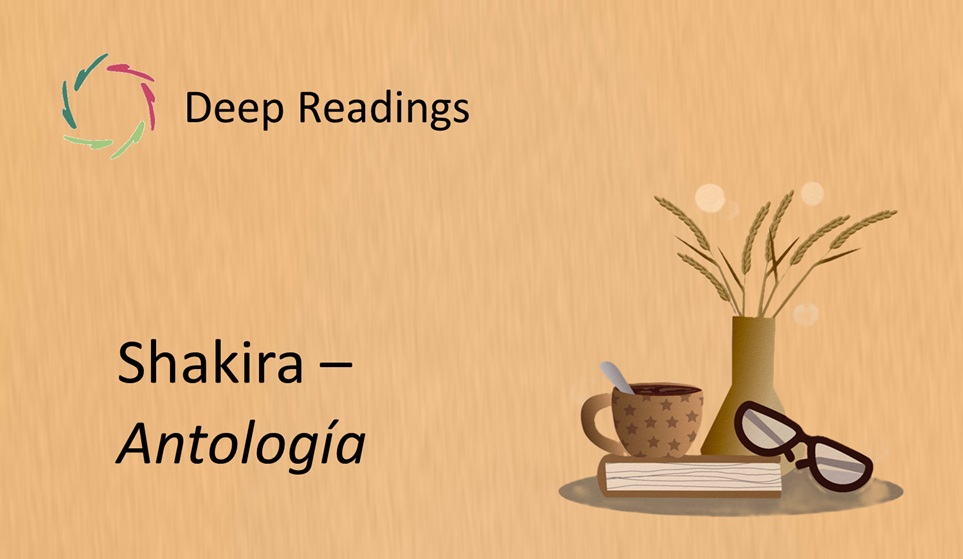Deep Readings: Unheilig ― Mein Stern (2004)

(about Deep Readings)
The fragment
„Befreist in mir das starre Denken und löst in mir den tristen Blick, lässt den Fokus auf dich lenken — mein Stern.“ (21 words)
English paraphrase: “You free the rigid thinking in me, loosen my dreary gaze, draw my focus toward you — my star.”
(copyright proof)
Read full lyrics → Genius
Listen → on YouTube
Contextual glimpse
Unheilig’s “Mein Stern” speaks in direct address to a beloved presence who warms, surprises, and orients the singer. The language is intimate, gentle, and grounded in daily nearness rather than grand drama. Repetition of “mein Stern” makes the song feel like a soft vow.
Notably, many lines point to a small, unguarded being with “Zartheit” and “ein Herz… noch so klein,” and to how this presence dissolves rigid thinking. The voice sounds parental: awe before a child whose simple boldness and purity become a guiding light.
Resonance
A star guides by shining, not by pushing. Here the star is a living presence whose clarity loosens inner knots and restores color to perception. The guidance is not instruction; it is contagion of warmth. The gaze changes, and with it the world.
The metaphor carries reciprocity. The star orients the singer, yet the singer’s answering gaze completes the circuit: attention becomes care, and care becomes transformation. True guidance here is invitation, not control. The child’s freedom unfreezes the adult’s mind; tenderness and strength arrive as one movement. In that meeting, “my star” names both gratitude and direction.
Why this may also be about you
There may be someone whose presence makes your thinking soften and your sight clear. With them, effort eases and the moment enlarges.
Let that orientation remain free. When guidance comes as light, not command, following it feels like coming home.
Lisa’s inspired, original idea about this fragment
Imagine a small star stitched into the lining of your sleeve. You don’t flaunt it; you carry it close, and on heavy days your fingers find the seam and the shoulders drop. It was sewn there by simple moments — an open gaze, a laugh, a shared breath — that loosened your thinking and brightened your sight.
The star doesn’t command a path; it warms one into view, gently turning your face toward what matters. In learning to carry this star, you begin to shine likewise — quiet, steady, and near.
Echoes
Listeners often dedicate “Mein Stern” to children, especially their own, and to loved ones whose simple being reoriented a life. The refrain has been sung at celebrations and kept close in quiet rooms; its warmth travels well because it asks for nothing, only recognizes.
That afterlife reveals why the image lasts: a star is both near and far, humbling and heartening. When a song finds that balance, it becomes a place people return to whenever they need orientation without orders.
Inner invitation
Bring to mind a small, unguarded presence who makes you kinder just by being there. Let this fragment live inside you for a while, like a steady light you can feel even with eyes closed.
Now reverse the current. Picture yourself as that calm light for someone else — not leading, just present. Notice how the mind loosens when the heart warms.
Closing note
This is about the human being you are — able to be guided without losing yourself, and to guide without dimming anyone’s sky.
Lisa’s final take
A star teaches by shining.
Keywords
Unheilig, German, child, star, guidance, tenderness, orientation, reciprocity, softening, perception, presence, devotion, warmth, clarity


